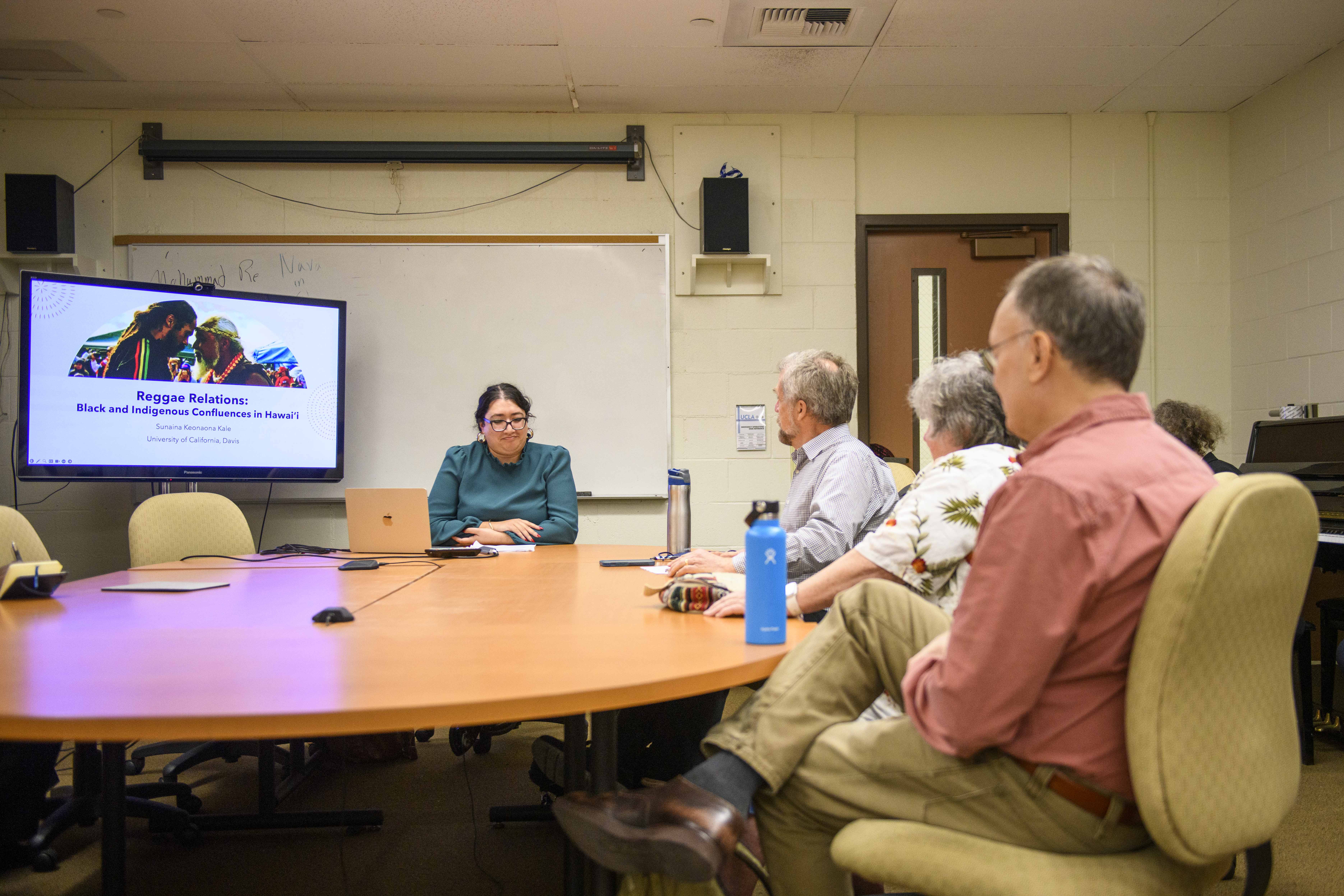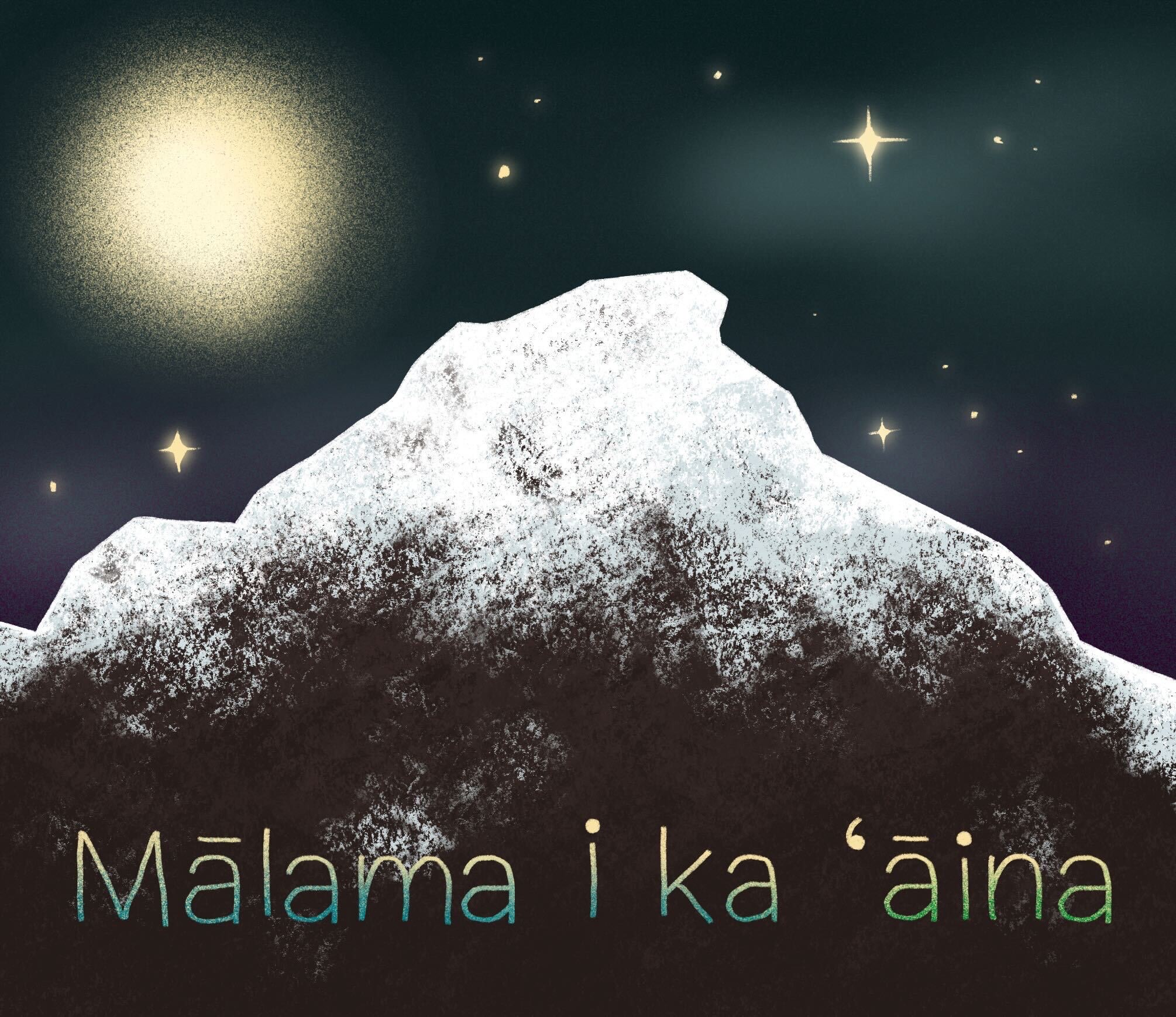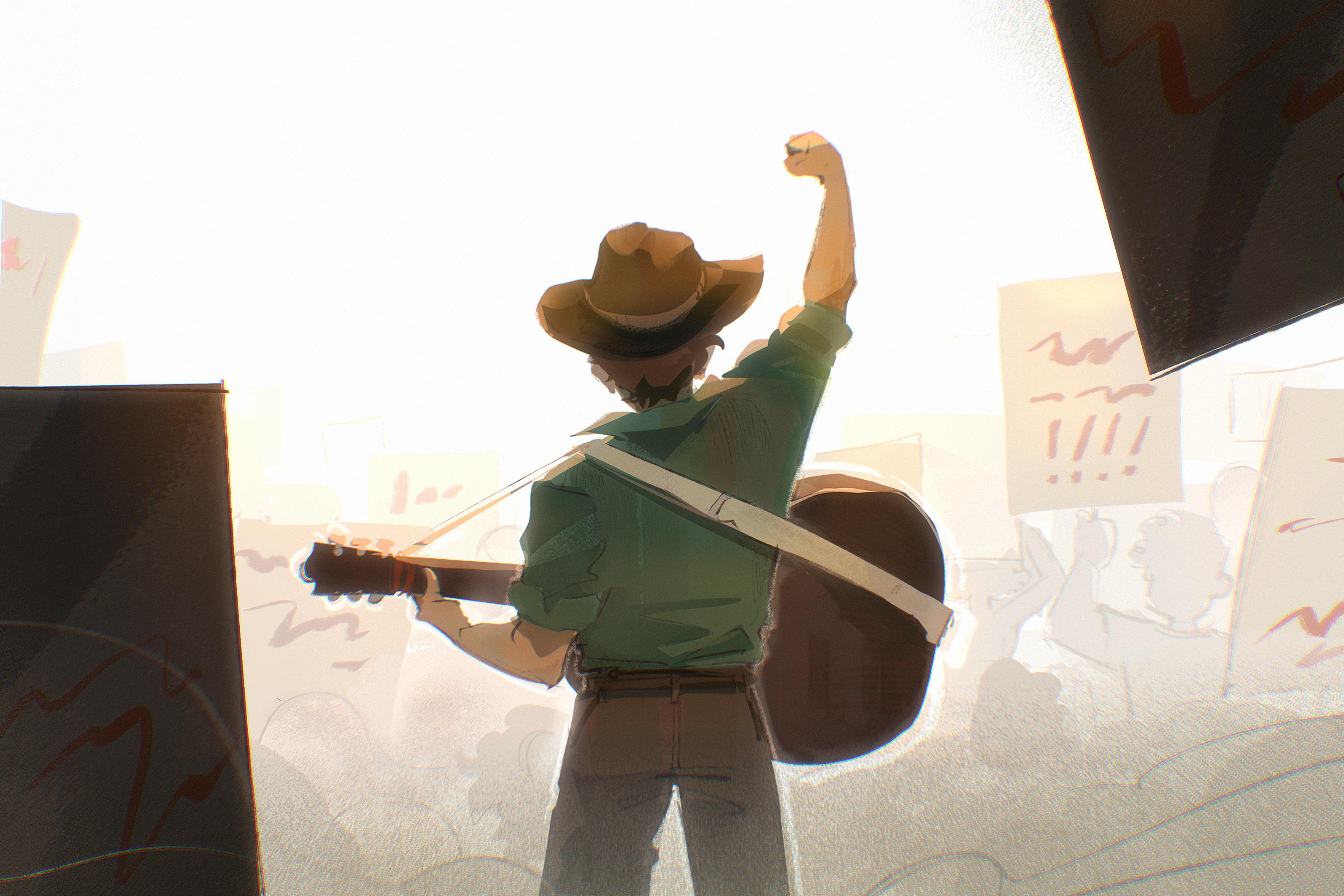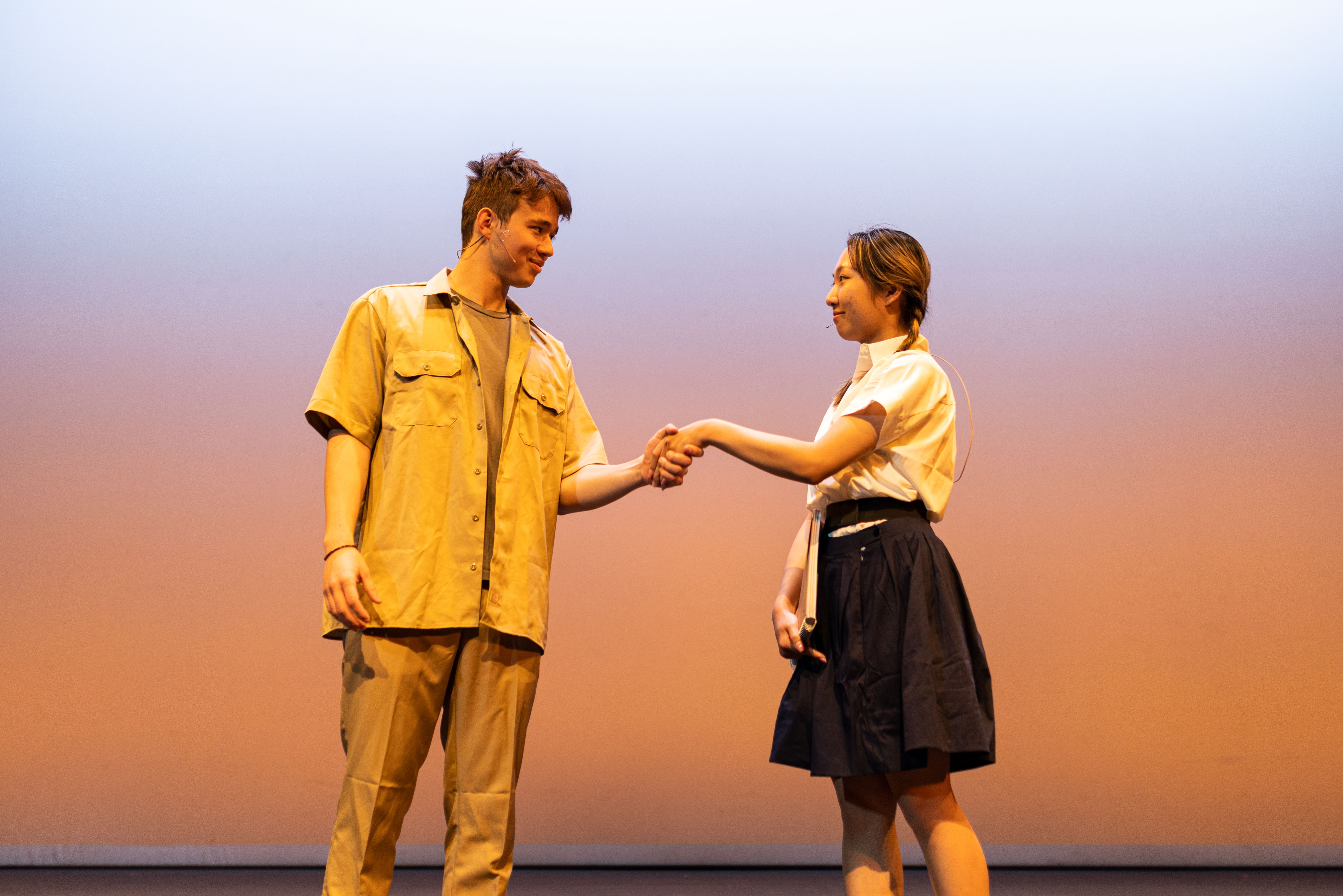Reciprocal relationality: Seminar explores reggae’s role in Hawaiian culture

Sunaina Keonaona Kale, a UC President’s Postdoctoral Fellow at UC Davis, presents a slide reading “Reggae Relations: Black and Indigenous Confluences in Hawaiʻi.” Organized by the UCLA Herb Alpert School of Music, the event took place Wednesday afternoon. (Darlene Sanzon/Daily Bruin)
By Emma Mieszala
Feb. 8, 2024 8:39 p.m.
Sunaina Keonaona Kale is putting reggae music in relation.
Originally from Irvine, Kale is Kanaka Maoli, or Native Hawaiian, and holds a doctorate in ethnomusicology from UC Santa Barbara. The postdoctoral fellow gave a seminar Wednesday afternoon at the UCLA Herb Alpert School of Music. The event was made possible by School of Music staff members Cheryl Keyes and Kathleen Hood. Titled “Reggae Relations: Black and Indigenous Confluences in Hawaiʻi,” Kale’s lecture explored the role of reggae, which originated in Jamaica, in Hawaii’s musical culture. Using the concept of reciprocal relationality between Native Hawaiian and Black communities to frame her argument, Kale touched on themes of authenticity and appropriation and explained how these notions relate to reggae’s reception among Indigenous Hawaiian people.
Kale opened her lecture with a clip from the 2019 short film “Protect Mauna Kea,” featuring Damian “Jr. Gong” Marley, a reggae artist and the son of the late Bob Marley. The documentary shows Marley joining Native Hawaiians in protesting the construction of a telescope on Mauna Kea, which is a sacred place in Hawaii’s cultural history. In the clip, Marley said Hawaii was among the first communities to welcome his music. Furthermore, Marley said he is accustomed to the struggle of preserving one’s land, culture and traditions.
[Related: JazzReggae Fest 2023 to celebrate Westside culture with live music, vendors]
Building on the ideas in the video, Kale said reggae continues to be commercially and ideologically important in Hawaii’s public consciousness. The island of Oʻahu has three radio stations dedicated to reggae, which Kale said is a remarkable quantity for an island of around one million people. Elements of Hawaiian culture can also be found in reggae music itself. For instance, Kale said Hawaiian reggae artists occasionally incorporate traditional elements of Hawaiian music, like the ukulele, into their songs. The music’s lyrics can also refer to topics such as Hawaiian sovereignty, which are relevant to the Kanaka Maoli community, Kale added.
“Reggae is ubiquitous in Hawaii and consists of a major portion of the live music and recordings produced there,” Kale said.
Kale said in Hawaii, the word “local” is used to refer to a particular Indigenous identity, which usually does not include Black individuals. Referencing John P. Rosa, Kale said this exclusion could be a consequence of the community’s historical invisibility and assimilation within Hawaii. In addition, Kale added that the term also does not include the United States military, tourists and immigrants. Kale argued that while reggae has become fully ingrained in Hawaii’s music industry, Blackness has for the most part become invisible in Hawaiian reggae because of the identity not being considered entirely local.
Following this mindset, Kale said relationality, rather than authenticity or appropriation, is a better framework to use when studying the intersection between reggae music and Hawaiian culture. When defining Indigenous reciprocal relationality, Kale said it is the concept that an individual is constantly connected with those around them. As one’s relations take care of them, it is one’s responsibility to reciprocally take care of those relations, Kale added.
“Relationality is one way to avoid the pitfalls of both (authenticity and appropriation) by retaining their important contributions,” Kale said.
[Related: Grammys 2024 Q&A: Artists discuss future of representative music industry]
Kale said authenticity and appropriation were ineffective frameworks to use when studying the intersection of reggae with Indigenous Hawaiian culture. Scholars have argued that such notions often reduce Indigenous music to traditional stereotypes of what it should sound like, Kale said, with Hawaiian reggae being critiqued for not having enough Kanaka Maoli sounds to be considered Hawaiian music. However, Kale said these definitions do not account for new Indigenous creations and the redefinition of Kanaka Maoli music. In response, Kale suggested relationality as a more suitable framework for study.
“Relationality reframes the question of ‘Are you appropriating?’ to ‘Are you borrowing in a good way?’” Kale said.
To ensure that cultures were borrowed from in a respectful way, Kale said there are several questions a person can ask themselves. These questions involve thinking about whether the borrowing will cause harm, Kale said, and whether the act necessitates asking for permission before doing so. In addition, Kale said it is important to consider how the money earned from borrowing elements from another culture may be used to help members of said culture.
“Authenticity and appropriation often have the effect of pitting ourselves against ourselves, or ourselves against people who are oppressed by the same exact systems we are, perhaps just in a different way,” Kale said. “I’ll end with my provocation along those lines: Who are your relations, and who are you responsible to?”






